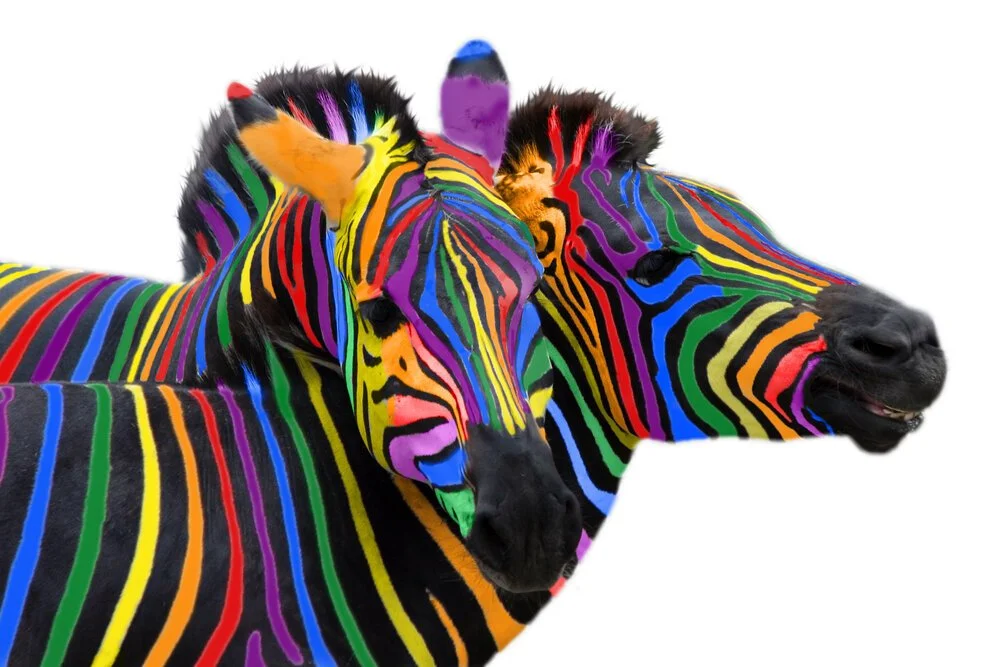We Are New. Modern. Colorful. And We Need To Plan Our Futures.
By Karen and Erica
A previously unknown species has just appeared on Earth.
Who are we? The first wave of people who will live til their nineties, enlightened by decades of work and play—and still be sentient. We have wisdom and experience as a result of our many years of living, and we are willing and able to use our assets for social good.
What don’t we have? A blueprint for how to live these extra years.
What a huge opportunity.
Let’s start with an arcane but important concept—demographic dividends. Demographic dividends are social benefits that accrue to societies when their age profiles change.
-
The first demographic dividend in the U.S. occurred when we made the shift from being an agrarian society to being an industrial society, and both death and birth rates declined.
-
The second occurred after the post-Second World War baby boom, when many of us were born. Women were having fewer children, people were living longer, and the older population accumulated wealth. How did that happen? Huge governmental investment in public health and education, including the alleviation of poverty and a focus on better health care, along with changing social mores.
-
What is the third demographic dividend? The rewards society will reap if we figure out how best to use the extra thirty years of healthy life that the first and second dividends have given us.
We learned about the third demographic dividend from Linda Fried, the head of Columbia’s Mailman School of Public Health. She is a soft-spoken, brilliant, scientist. She is also a revolutionary. You can read her own words here. She contends that, for the first time ever, we will live longer and remain healthy, and therefore we will have the benefits of age without all of its previous burdens. That’s really new.
Not everyone is so excited about the third demographic dividend, of course. Some argue that our longer lives mean society will be burdened by overwhelming numbers of frail and sick people who will bust the budget. But more recent commentary is more hopeful, as society begins to understand that we are different from earlier generations, more like to contribute to, rather than drain, the public coffers.
Indeed, there is no reason why we should not give more than we take from society. Data now show that, at every stage of life, interventions to prevent disease can extend healthy longevity. Strategies exist for averting frailty and other age-linked decline, like engaging in physical activity designed to improve outcomes. We really are this remarkable new breed of human, old enough to know a thing or two, and healthy enough to use what we know.
Has COVID changed all that? Yes, in at least three ways. One, COVID apparently has a disproportional impact on us—not so much by killing us, though that seems to be an issue, but by scaring us into isolation, which is bad for our health. Two, COVID has demonstrated that the momentum of the payoffs from the governmental health investments in the 1950s was slowed by the failure to continue to make such investments. Finally, COVID has exposed the fact that some populations will not experience the full benefits of the third demographic dividend because of health and welfare inequality.
All of this must change. Governments must ensure that we—people who will age, which is all people, of all races and incomes and education levels—remain as healthy as possible, because it is the right thing to do, but also because healthy longevity will generate huge rewards, especially when compared to the massive costs of an unhealthy, unhappy, sidelined but long-lived population.
If you are reading this, you may be one of us—the lucky ones enjoying the third demographic dividend. If not, you will likely become one of us. Time to take action—to embrace and plan for this gift. We can control our own futures by helping to design the blueprint. We can style this new third phase of our lives to empower ourselves, and our communities, to give us purpose by engaging our skills and experience for social good, and to keep us in the world we love and in which we belong.
How will you live your third demographic dividend?

